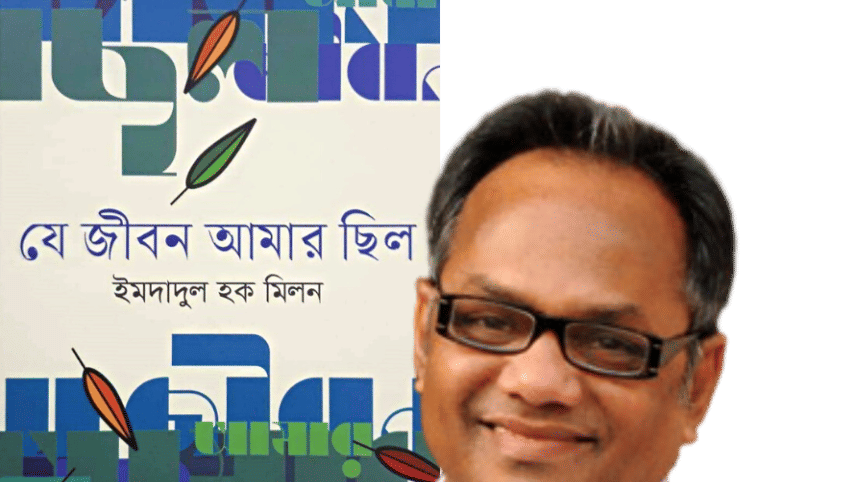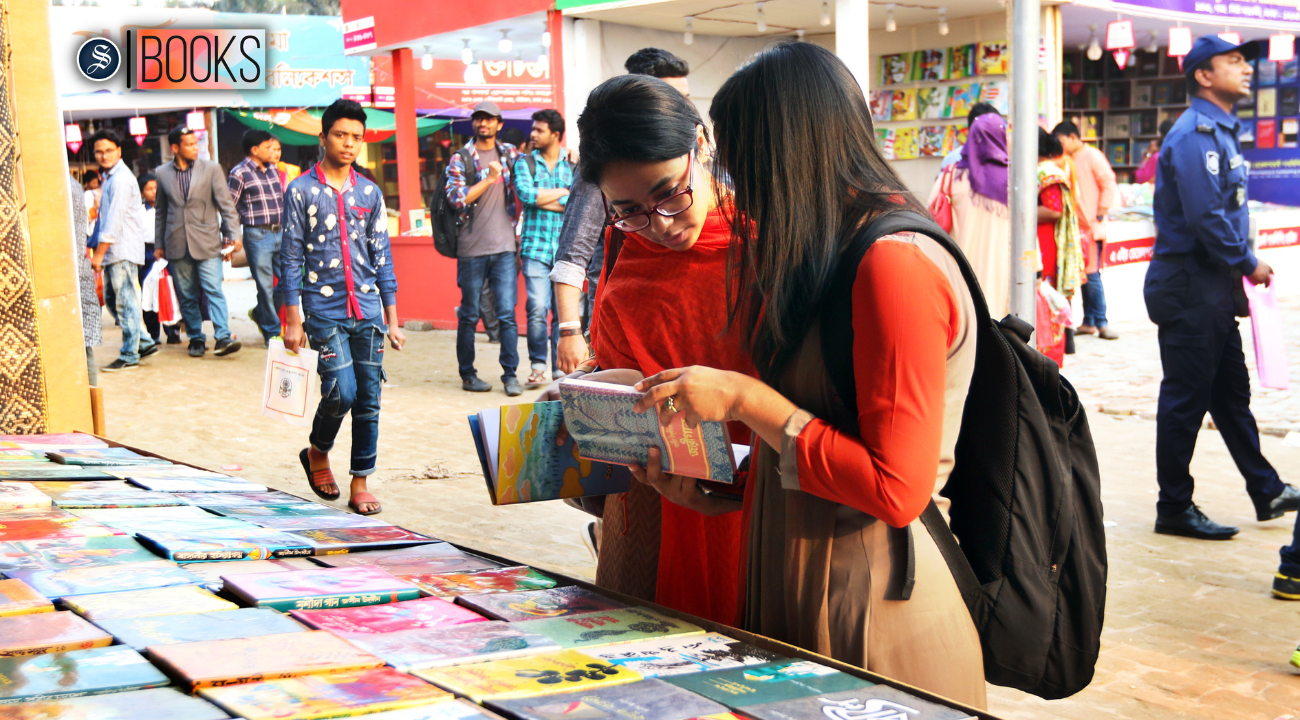Imdadul Haq Milan: A life in words and images

Fiction writer Imdadul Haq Milan has written an autobiography, published it at this year's Ekushey Book Fair. Against a large canvas, he paints a picture of his life and highlights stories that have not been told before. To a reader, these anecdotes will be delightful.
The memoir is no less than a novel—replete with sorrows, disappointments, love and joy. How many people the author has received neglect from in his life, how much humiliation he has endured, how many relatives have become strangers and how, those who were far away, have come close.
As a writer, Haque struggled early in his career. He went door-to-door to publishers—no one wanted to print his book. He started his career by writing fiction for a weekly magazine through the guidance of Rafiq Azad, a poet he greatly admired. The two had met through Milan's writing—he had written his novel, Dukkho Koshto, inspired by one of Azad's poems in 1976. The book gained popularity, and the friendship between the two flourished. The bond led Milan to serialise his novel in the Uttaradhikar newspaper published by Bangla Academy.
Over the course of these years, Milan lost the newspaper job and later also moved to Germany in the hopes of better living for his family. But he couldn't stay there for long. When he returned to Bangladesh, unemployment and depression gripped him.
Taking us from his childhood in Gendaria to the friendship, in later years, with actors Humayun Faridi and Afsal Hossain, other renowned characters, and back to talk of his Nana Bari, the author does not shy away from conveying the truth of his experiences.
The story begins in Medinimandal village, where the author grew up, where his father struggled to raise him and his siblings. The story takes us, also, to Milon's first TV drama. Reminiscing about those days, he writes, "My first TV drama was Mayakanan. Afzal and Subarna's pair was wildly famous then. Mayakanan became popular because of their performance, and people recognised me in the play." Thus began the journey.
The story ends, at least in the book, with the author comparing human life to a river—its twists and turns, the many ups and downs, the characters who have loved and hurt, humiliated or disappointed him.
Milan's life, as presented in this book, truly is like a story.
Shah Alam Shazu is a journalist and writer.



 For all latest news, follow The Daily Star's Google News channel.
For all latest news, follow The Daily Star's Google News channel. 


Comments